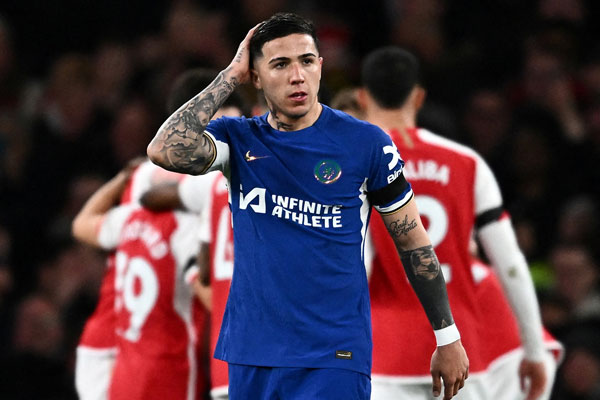WHAT'S UP DOC : Men with breast cancer, this year’s message
What you need to know:
- Not just with breast cancer alone, men have often become somehow sidelined in various campaigns to fight cancer in its many forms.
- Early this year, on World Cancer Day, I toured the Ocean Road Cancer Institute (IRCI) and what I saw left me thinking that stakeholders in the cancer fight need to look into the health-seeking behaviour of men if the country’s cancer burden is to be tackled holistically.
As the breast cancer awareness month kicks off this October, let’s not forget to raise the profile of men who suffer in silence with this malignancy—male breast cancer.
Not just with breast cancer alone, men have often become somehow sidelined in various campaigns to fight cancer in its many forms.
Early this year, on World Cancer Day, I toured the Ocean Road Cancer Institute (IRCI) and what I saw left me thinking that stakeholders in the cancer fight need to look into the health-seeking behaviour of men if the country’s cancer burden is to be tackled holistically.
That day, when I stepped into the 100-year old IRCI’s white building, I glanced at patients in pain, looking thoroughly wasted on their beds, with balding heads—a sign of the side effects of chemotherapy.
However, what stood out conspicuously was the impression of a gender difference that I noticed as I crisscrossed the ward—there were more women than men.
While it may be explainable that female cancers are now known to be more prevalent in Tanzania, I was actually drawn into thinking that men’s turn up for cancer screening could be low.
Cancer campaigners have always said that women empowerment groups have helped in raising the profile of cancer in women, forcing the government and other stakeholders to focus their attention on female cancers. This may have left the affected men behind.
There is now a greater degree of understanding among the society concerning cancer in women than the cancers that occur in men, thanks to efforts by organisations such as the Medical Women Association of Tanzania (MEWATA).
One doctor once remarked, “Now even men are more aware of these (female) cancers.”
However, I still bear in mind that female cancers have a high incidence and they grow more rapidly compared to cancers affecting men. That’s a scientific explanation that I would have to explore at some point in time.
Yet still, I keep it in mind that more studies are ongoing on female than male cancers. This has an influence on stakeholders’ decision to intervene. In the end, stakeholders act on women’s cases than the men for this reason.
In this case, it means that the country needs to see more studies on men’s cancers and this could tell us the true burden of cancer.
Interventions also need to focus on the health-seeking behaviour of men because men, in our society, are victims of traditional, social or cultural norms.




